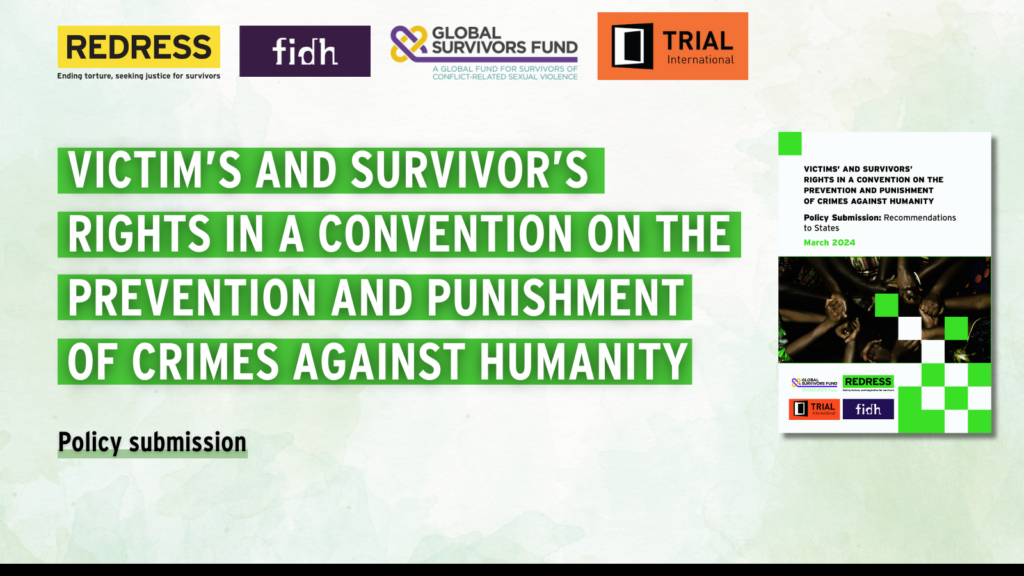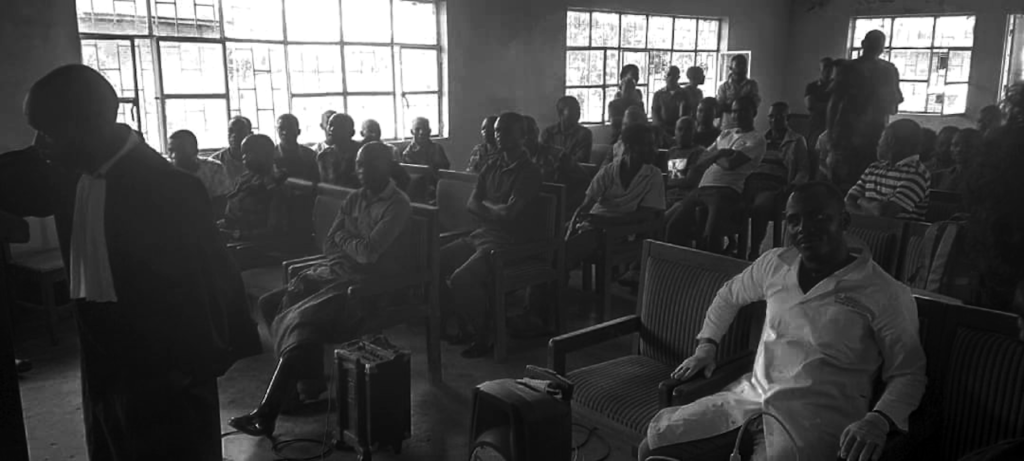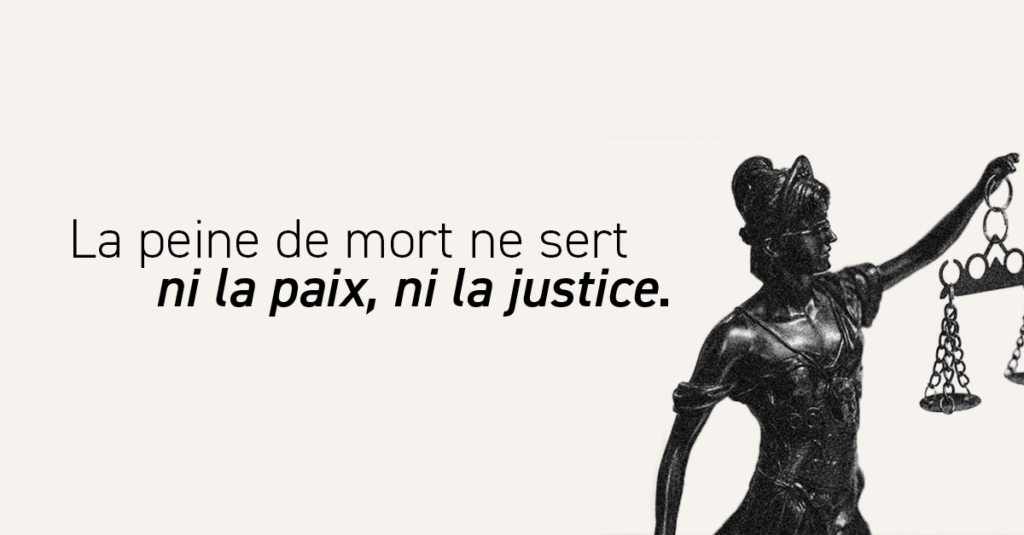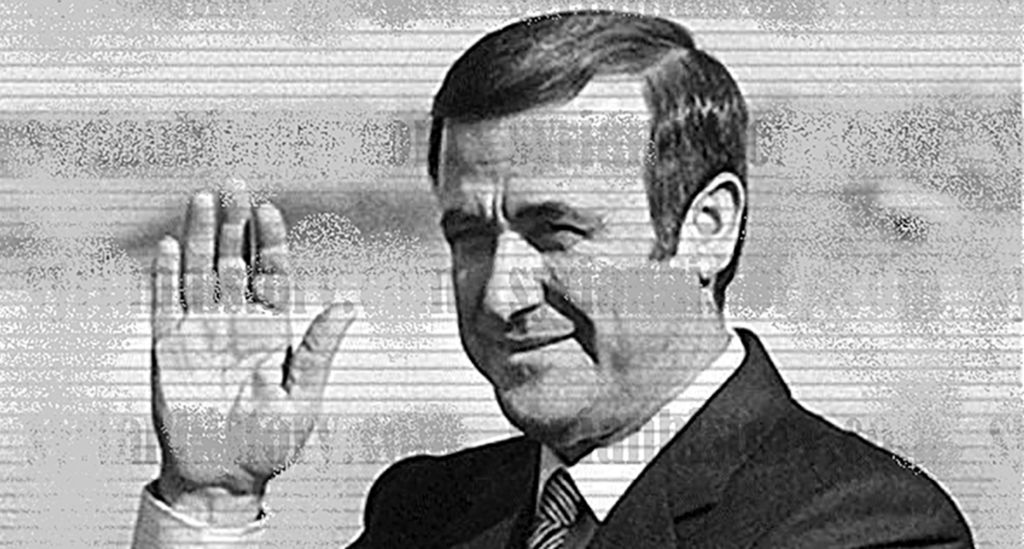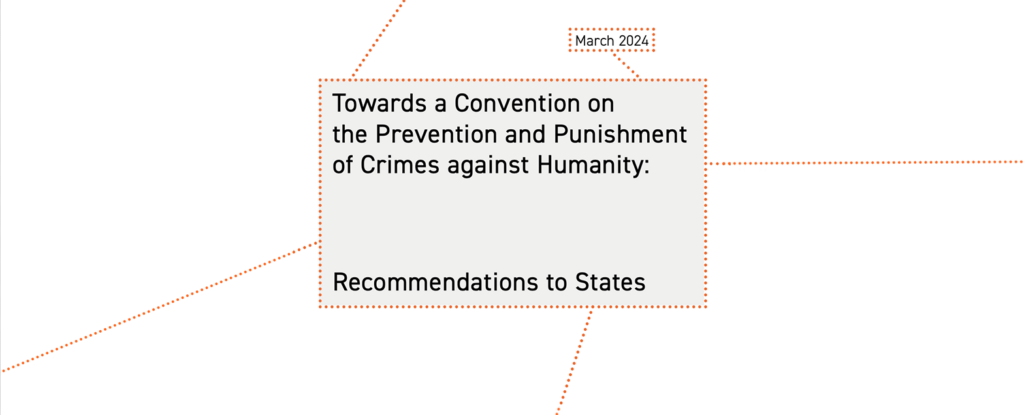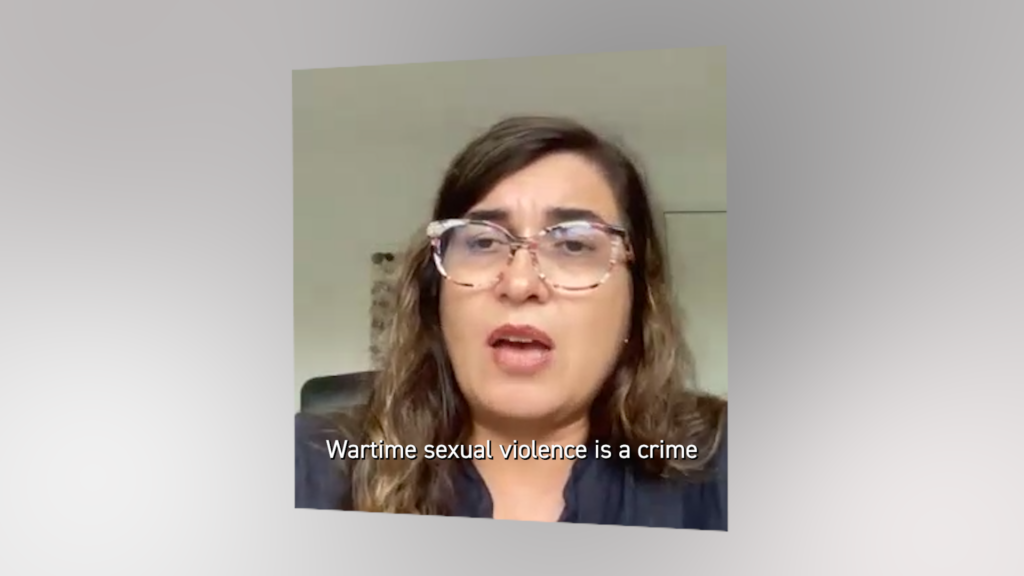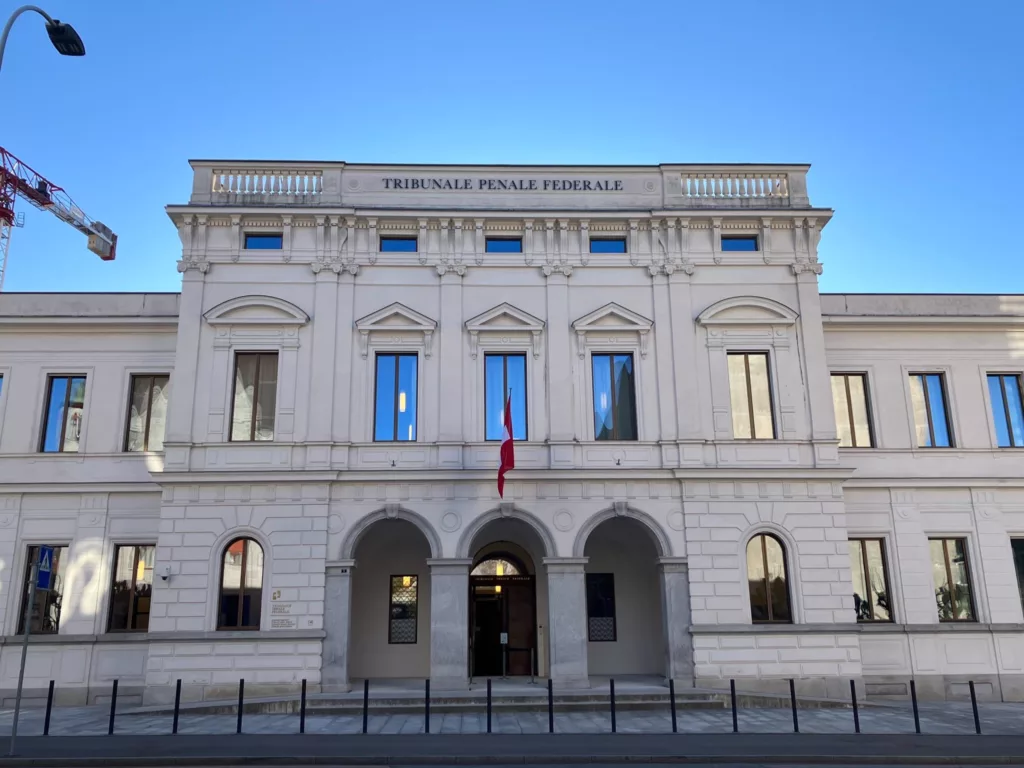DRC: Two militiamen found guilty of crimes against humanity
On Friday 21 September, a military tribunal in Bukavu (Democratic Republic of the Congo) condemned two high-ranking commanders for murder and torture constituting crimes against humanity. Video footage was submitted to the proceedings as incriminating evidence – an all-time first in DRC. The NGOs TRIAL International, eyeWitness to Atrocities and WITNESS, which have worked jointly on the case, salute this step towards accountability in Eastern DRC.
Justice has triumphed in Bukavu, where two commanders of the rebel militia called the Democratic Forces for the Liberation of Rwanda (FDLR) have received life sentences for murder and torture, both constituting crimes against humanity, as well as pillage and arson. All 100 victims party to the proceedings have been awarded reparations ranging from 5,000 USD to 25,000 USD.
In 2012, the villages of Kamananga and Lumenje (South Kivu) were the theatre of barbarous attacks by the FDLR. Alleging the villagers’ support to a rival local militia, militiamen led by commanders Gilbert Ndayambaje (alias Rafiki Castro) and Evariste Nizeimana (alias Kizito) looted both villages, killed and tortured civilians and burned buildings to the ground.
“We are delighted with this verdict” says Daniele Perissi, Head of the DRC program at TRIAL International. “Impunity in DRC is rampant, including among armed groups’ commanders. This sends a strong warning signal to anyone committing abuses who might think their military power places them above the law.”
Videos shown as evidence for the first time in DRC
This success is the result of a close cooperation between many actors, among which three NGOs: TRIAL International, whose mandate is to fight impunity for international crimes; WITNESS, which specializes in the use of video to defend human rights; and eyeWitness to Atrocities, which has developed a unique tool to record, file and verify videos used in judiciary proceedings. Together, they assisted the victims’ lawyers in collecting the strongest incriminating evidence, including verified video footage and photos – a first in the Congolese judiciary.
Isabelle Myabe, Program Manager at WITNESS, explains: “As part of the investigative process, we trained lawyers working on the case in the best practices of capturing and preserving video as evidence. During a fact-finding mission in July 2017, one of the lawyers documented evidence of mass graves in the targeted villages. An extract of this video was presented in the trial.”
In order to be admissible in court, the collected material had to go through a rigorous verification procedure, to ensure there had not been any tampering.
“During the investigatory missions, information was collected with the eyeWitness app to strengthen the evidentiary value of the footage presented in court”, says Wendy Betts, Project Director ateyeWitness to Atrocities. “The app allows photos and video to be captured with information that can firstly verify when and where the footage was taken, and secondly can confirm that the footage was not altered. The transmission protocols and secure server system set up by eyeWitness create a chain of custody that allows this information to be presented in court.”
Learn more about the use of audiovisual as evidence
“The atmosphere in court switched dramatically”
On the base of the collected evidence, TRIAL International assisted the victims’ lawyers to build their legal strategy.
“When the footage was shown, the atmosphere in court switched dramatically” testifies Guy Mushiata, DRC Human Rights Coordinator for TRIAL International. “Images are a powerful tool to convey the crimes’ brutality and the level of violence the victims have suffered.”
TRIAL International, eyeWitness to Atrocities and WITNESS hope that this double condemnation will prompt other lawyers to use audiovisual evidence in criminal proceedings. They will continue to collaborate to help disseminate this practice in Eastern DRC.
TRIAL International’s on this case has been conducted in the framework of the Task Force for International Criminal Justice, an informal network of international actors collaborating to support the work of Congolese military jurisdictions in the investigation and prosecution of mass crimes in DRC.
The work of TRIAL International on mass crimes cases in DRC would not be possible without the support of the British Foreign and Commonwealth Office, the Swiss Federal Department of Foreign Affairs and the Belgian Development Cooperation.

